Drinking coffee keeps our brains alert even when we sleep, new study finds — what that means for your rest
New research tracking brain activity reveals huge impact caffeine has on our sleep
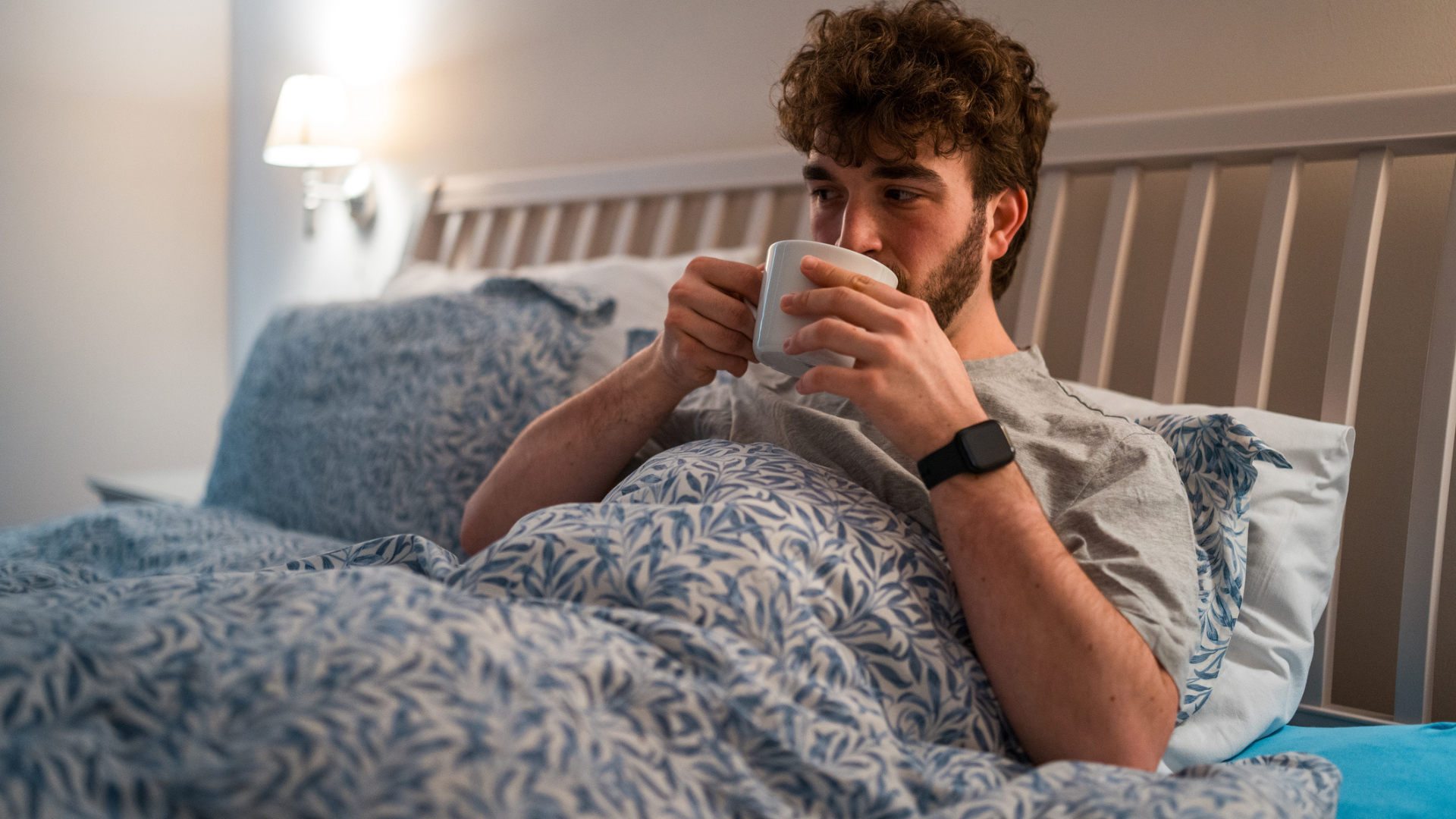
It’s no secret that the stimulating side effects of caffeine can impact our ability to get quality sleep. But until now, understanding around its impact on the sleeping brain has been limited.
In a recent study published in Communications Biology, researchers have revealed how caffeine interferes with our brain activity while we sleep. So much so, that we’re more alert, reactive and awake than we think the night after a coffee-drinking session.
We’re digging deeper into the research to find out exactly what this means for our sleep, plus our top tips on how to enjoy coffee without disrupting our sleep.
Key takeaways from the study
- A study of 40 adults showed caffeine consumption shifts brain to a more ‘critical’ state during REM and NREM sleep
- This affected REM sleep in 20-27 year olds more than other age groups
- This means our brains are more awake, alert and reactive while we sleep after caffeine consumption
The new study looked at the brain activity of 40 adults (made up of 19 women and 21 men, aged between 20 and 58.)
Half of the subjects were given two capsules containing 100mg of caffeine each (around 1-2 cups of coffee), and the second half were given a placebo.
Sleeping in a laboratory, the study measured the electroencephalography signals (EEG) of the subjects to identify changes in the different brain waves that occur while we sleep.
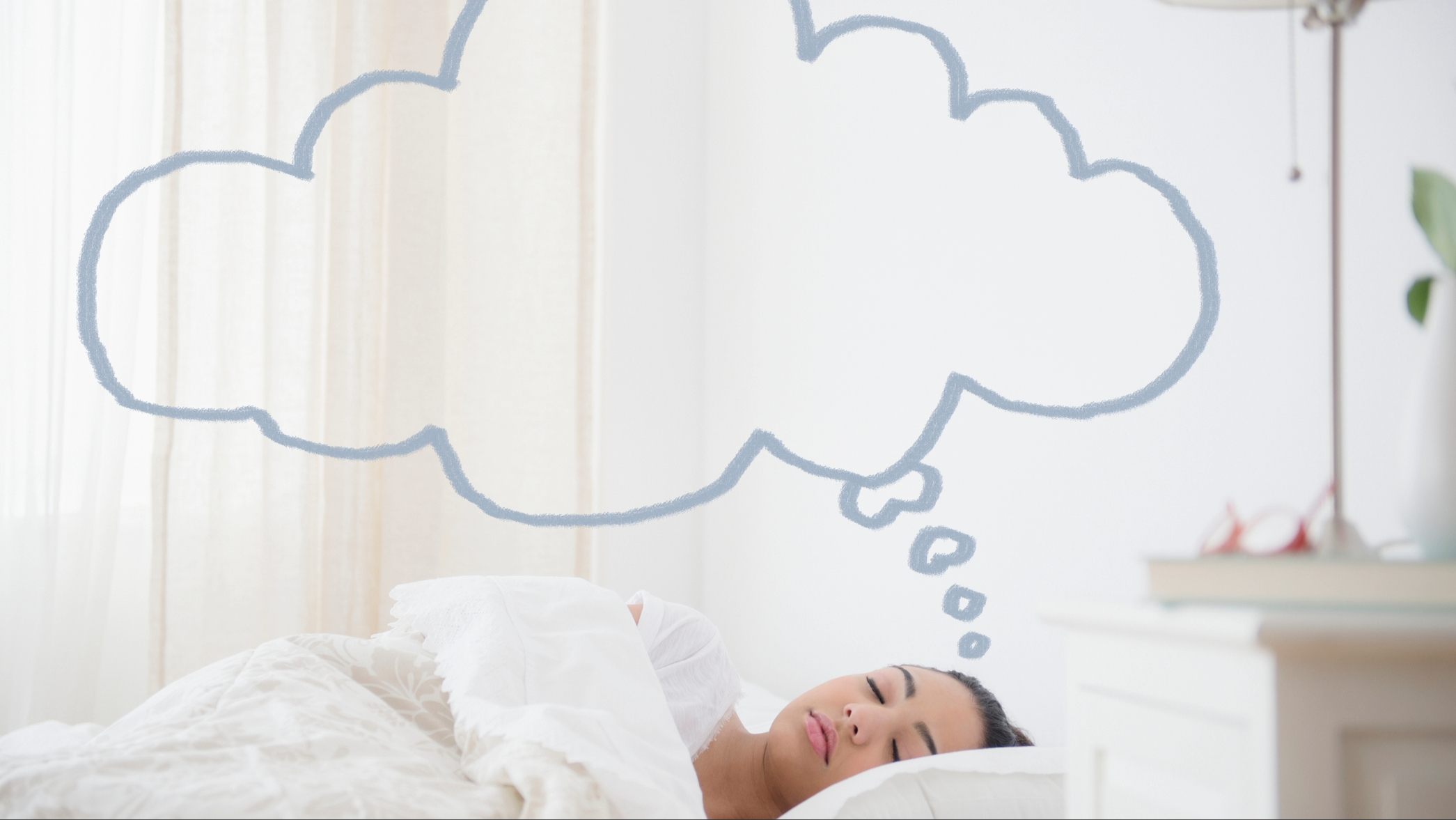
After the data was collected from two non-consecutive nights, clear changes were observed in the way our brain works during sleep after consuming caffeine.
Get instant access to breaking news, the hottest reviews, great deals and helpful tips.
Firstly, during NREM sleep, the researches saw “statistically significant reductions in power in the delta, theta and alpha frequency bands,” in the group who had consumed caffeine. These are the brain waves responsible for deep, restorative sleep.
Further to this, theta power was significantly reduced during REM sleep, the stage of the sleep cycle in which we dream, process emotions and consolidate memories.
Generally, the research found that caffeine reduced the power of low-frequency waves in the delta band (responsible for sleep and restoration), and increased the power of sigma and beta bands (responsible for alertness and wakefulness.)
This meant that the researchers saw a shift towards a more ‘critical regime’ of brain activity, which is when the brain can process information, learn new information and make decisions most effectively.
What does this mean for our sleep?
Trying to understand the impact of complex changes in our brain waves on our sleep is no easy task. So, let’s break it down.
In both NREM and REM sleep, brain signals were more complicated and unpredictable, showing a disruption of the usual, restful state we experience at night.
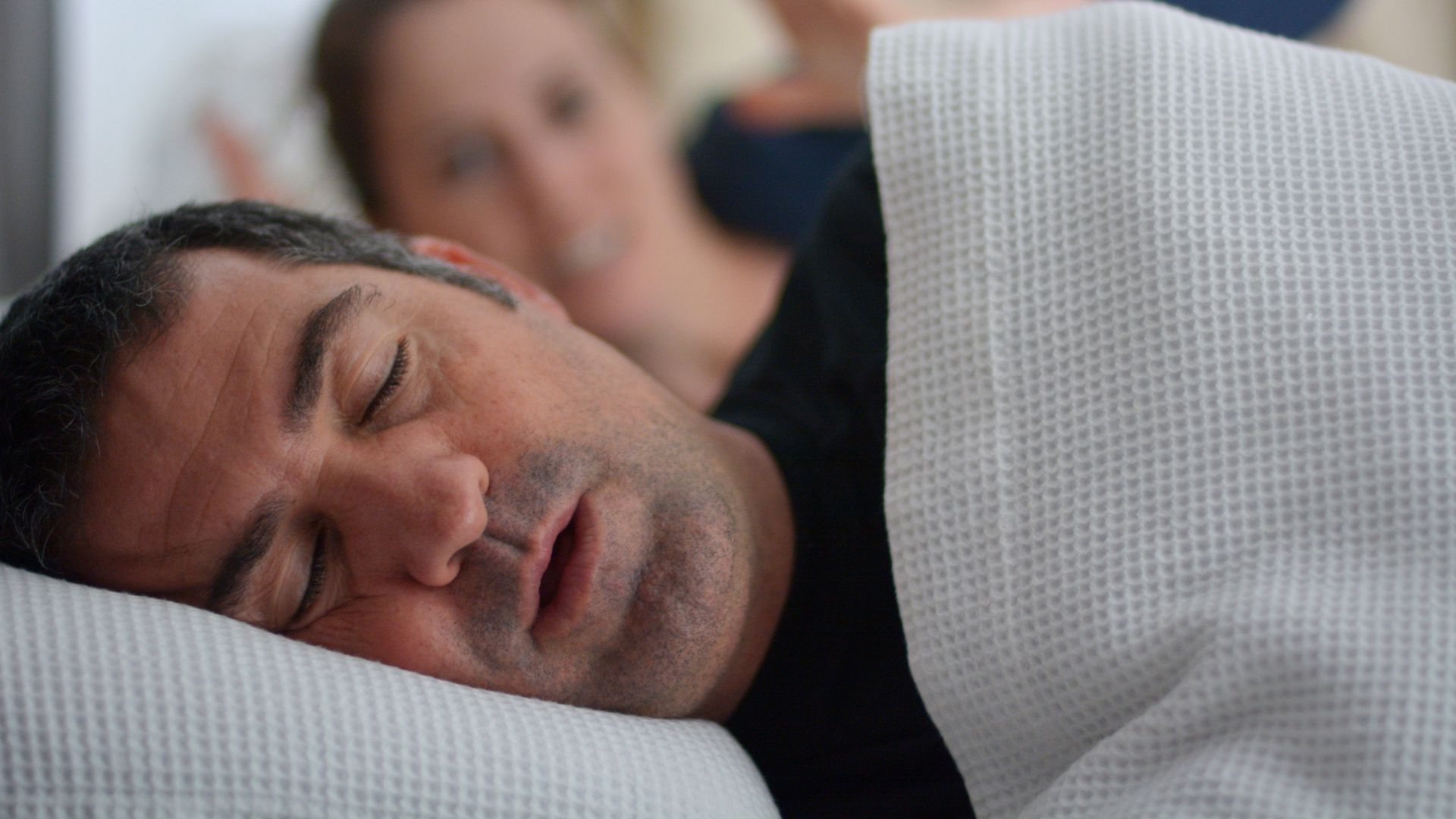
During deep sleep, we experience slow, delta waves. This is essential for our brains and bodies to recover. However, because of the reduction of power in these waves, caused by caffeine, inevitably we’re not in the full ‘restful’ state that we need to be in.
Even during sleep, the brain remains in a more activated, less restorative state
"These changes suggest that even during sleep, the brain remains in a more activated, less restorative state under the influence of caffeine," Karim Jerbi says, the co-leader of the study.
Because of this, after caffeine during sleep “the brain would neither relax nor recover properly,” added Julie Carrier, a sleep professor whose team collaborated with the researchers on this study.
So, expect to wake feeling groggier, more tired and less refreshed after drinking caffeine before bed.
How else does caffeine affect sleep?
With this new research, we can gain a deeper understanding of the complex impact caffeine has on our brain activity when we sleep. However, previous studies have already explored the other impacts of caffeine on sleep.
Firstly, caffeine increases our sleep latency. This is the time it take for us to fall asleep.
While healthy sleep onset is anywhere between 10 and 20 minutes, a review of 24 studies found that caffeine consumption generally increased sleep latency by 9 minutes. This is because caffeine blocks a neurotransmitter called adenosine, which helps promote sleep.
This review also found that total sleep time was reduced by 45 minutes, and sleep efficiency, therefore, was reduced by 7%. So, in general, you can expect sleep quality and duration to decrease if you consume caffeine too close to bedtime.
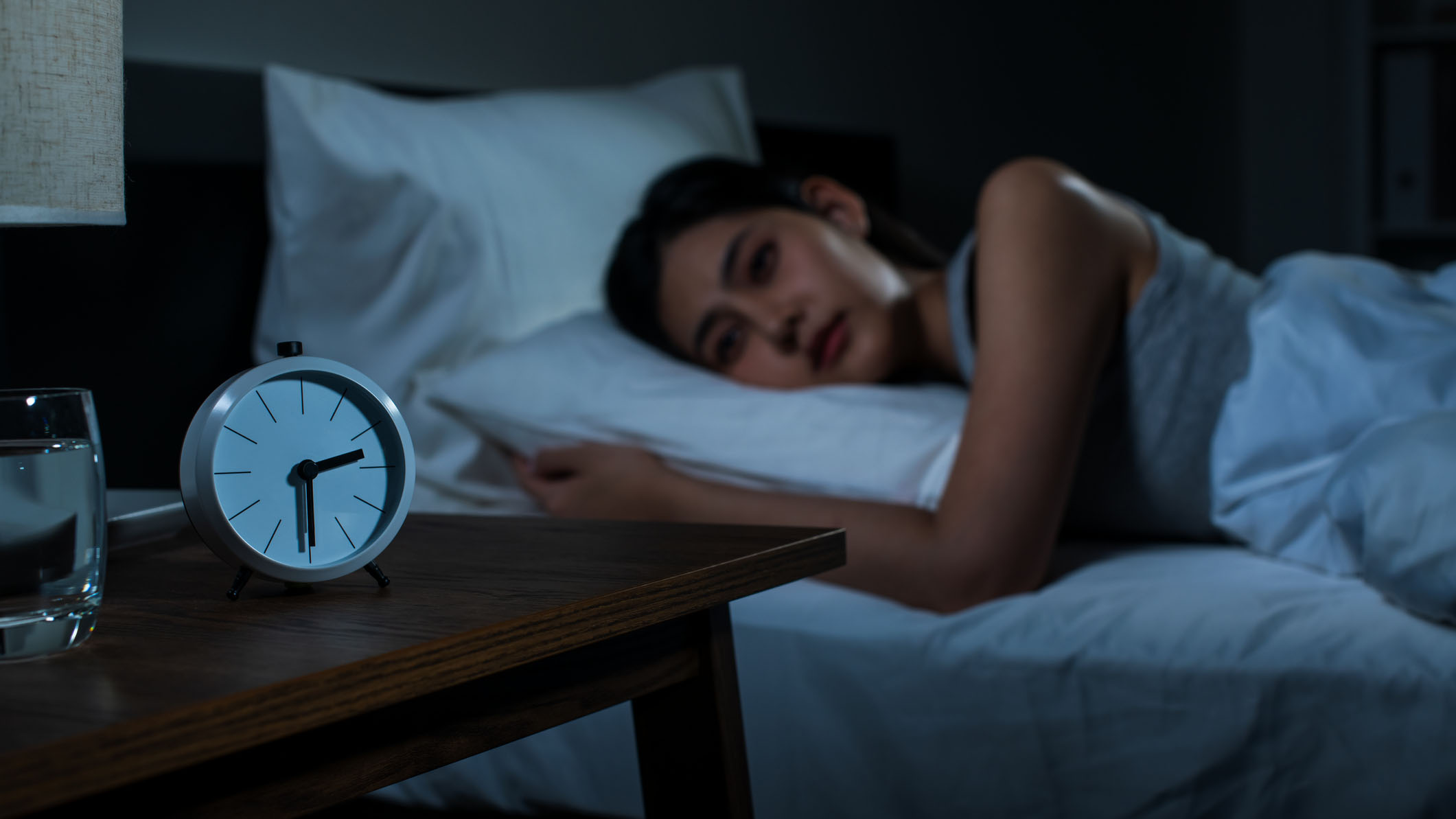
How to enjoy coffee and good sleep
The subjects in this study were given one caffeine capsule three hours before bed, and another capsule one hour before bed.
Considering coffee has a half life of up to five hours, meaning caffeine can last up to 10 hours in our system. So, we’d suggest stopping all caffeine consumption 10 hours before your intended bed time, or follow the 10-3-2-1-0 rule.
Many people live by the rule of not having a coffee after midday, but beware that caffeine can live in other food and drinks. Chocolate, protein bars and matcha tea are surprising sources of caffeine you might not have suspected.
Alongside this, make sure your caffeine intake isn’t excessive. The US Food and Drug Administration recommends having no more than 400mg of caffeine a day, which is roughly two to three cups of coffee.
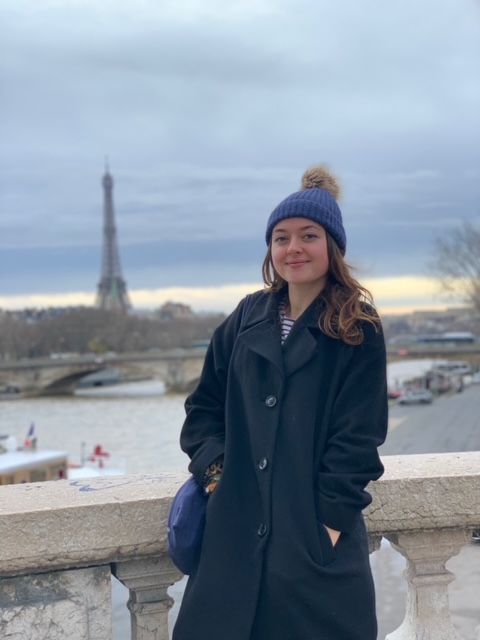
Lauren is an experienced writer and editor in the health and lifestyle industry and has led many campaigns and projects that deliver news, advice, and research on all things sleep. As the Sleep Features Editor for Tom’s Guide, Lauren writes, commissions and edits sleep and mattress content, from in-depth how-tos in sleep and mattress health to interviews with doctors and neuroscientists on the latest news in sleep. Lauren regularly tests new sleep tech and accessories to evaluate their effectiveness for getting good quality sleep and easing specific sleep struggles like nighttime anxiety. Alongside this, Lauren reports on the best mattress brands out there, like Helix, Saatva, and DreamCloud, helping readers find the right mattress for them and the best deals on them.
You must confirm your public display name before commenting
Please logout and then login again, you will then be prompted to enter your display name.
 Club Benefits
Club Benefits





